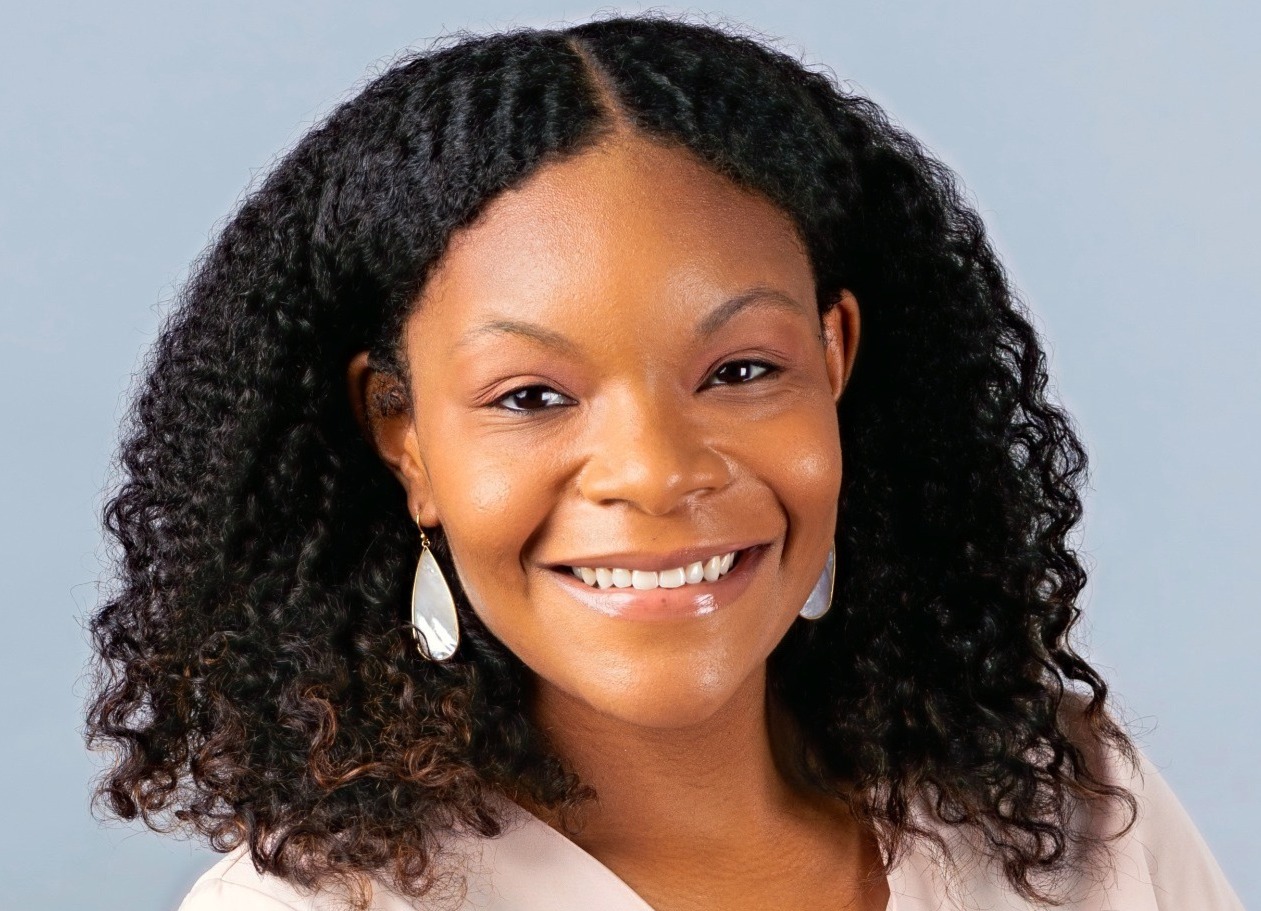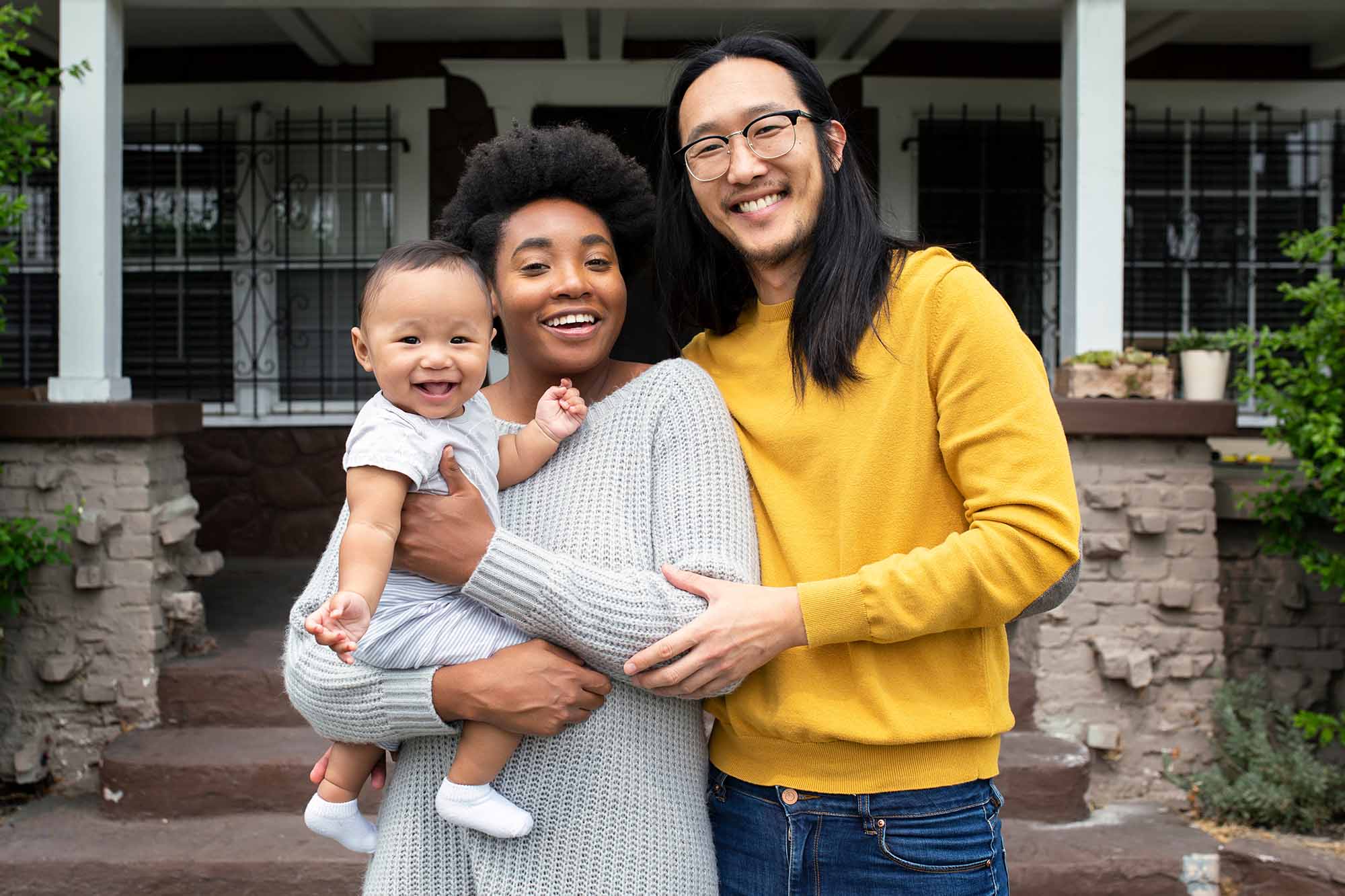
You’re now the president of Serve Louisiana but your experience there started with you as a Serve Louisiana AmeriCorps Member. Tell us why you chose to serve with Serve Louisiana.
I opted to serve with Serve Louisiana as a corps member in 2016 because I had a strong desire to acquire and later apply the tools necessary to generate long-term sustainable change. Serve Louisiana provides practical experience, but most importantly to me, I knew the program actively prioritizes a learning foundation focused on historical and present systems of oppression that influence our social, economic, and political systems. This intellectual rigor is necessary for community work, and Serve Louisiana provided a rich experience to explore this from an intellectual standpoint, as well as through hands-on learning.
I also wanted to get into my community and meet people already doing the work. Serve Louisiana teaches us that the most important “stakeholders” are the actual community members. Finally, I was interested in cultivating professional and personal relationships with other corps members interested in systemic change. Serve Louisiana exceeded my expectations, and I am grateful!
What are you doing now? How has your experience with Serve Louisiana sharpened your perspective in your current work?
After my year of service with Serve Louisiana, my host organization, MetroMorphosis, hired me as a full-time Innovation and Partnerships Catalyst. In that role, I worked exclusively towards fostering relationships and partnerships with community organizations and individuals working towards the advancement of Boys and Men of Color in various areas, including, but not limited to, education, workforce development, and re-entry in the Greater Baton Rouge area.
Throughout my work with MetroMorphosis and as a Corps member, I routinely observed the role of law and policy on systems, structures, and both the regression and progression of civil rights. I knew I wanted to acquire the skills to understand and master the law. Serve Louisiana led me to pursue my legal education at Loyola University New Orleans College of Law. In law school, I never abandoned my Serve Louisiana roots. I chose to clerk with organizations rooted in systemic change. To name one, I clerked with the Louisiana Fair Housing Action Center’s Enforcement department. They provide legal representation to people who have faced discrimination in the housing market. I recently graduated in May of 2021 and now work as a Staff Attorney for Disability Rights Louisiana in New Orleans, Louisiana.
Have you stayed connected with other Serve Louisiana membersor the organization you supported since you concluded your time there?
After my year of service, I attended events hosted by partner organizations and participated in the Dialogue on Race Louisiana series in Baton Rouge. During COVID-19, I had the opportunity to meet virtually with the 2020 class and discuss the integration of law, policy, and service. Serve Louisiana alumni are present all over the state and especially in New Orleans and Baton Rouge doing incredible work. I often run into alumni unexpectedly, which is a bonus of the work!
Why have you decided to continue on as a Serve Louisiana board member, turned President?
Serve Louisiana launched my professional and personal purpose. One of the first principles you learn in community work as a Serve Louisiana corps member is an implicit mandate to enrich spaces. I had a duty to leverage my experiences to support the next generation of corps members after me. In short, I learned to always come back and help! I attribute my propensity for service to my early days as a Corps member.
When the Executive Director, Lisa Teer, invited me to serve as a board member, I accepted without a second thought. I had observed the organization working diligently to expand the corps members’ historical knowledge of systemic oppression at a local, state, and national level. Serve Louisiana was also thinking of ways to enhance their accountability to support sustainable work in the Baton Rouge and New Orleans area. Board membership seems like a perfect opportunity to work with Lisa on these priorities.
I am honored to serve as the Board President of Serve Louisiana. Our board culture is collaborative, collegial, and empowering.Our board members are visionaries working in various fields such as healthcare, education, disability rights, public health, public defense, racial justice, and other critical areas. They are constantly envisioning strategies to offer additional support and opportunities for corps members. As a corps alumna, I appreciate their prioritization of members’ well-being, and enjoy working alongside them in the service of the organization.
Any closing thoughts?
Ultimately, I accepted the Board President position because I fundamentally believe that Serve Louisiana’s existence is critical to building and supporting sustainable movements in Louisiana in racial, economic, and environmental justice. I am grateful to contribute to the sustainability of an organization that has provided generations of change agents with the skills, resources, and knowledge to effectuate change. It is a full-circle moment to be on the board now. I appreciate all that Serve Louisiana has given me over the course of my career.
